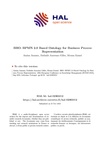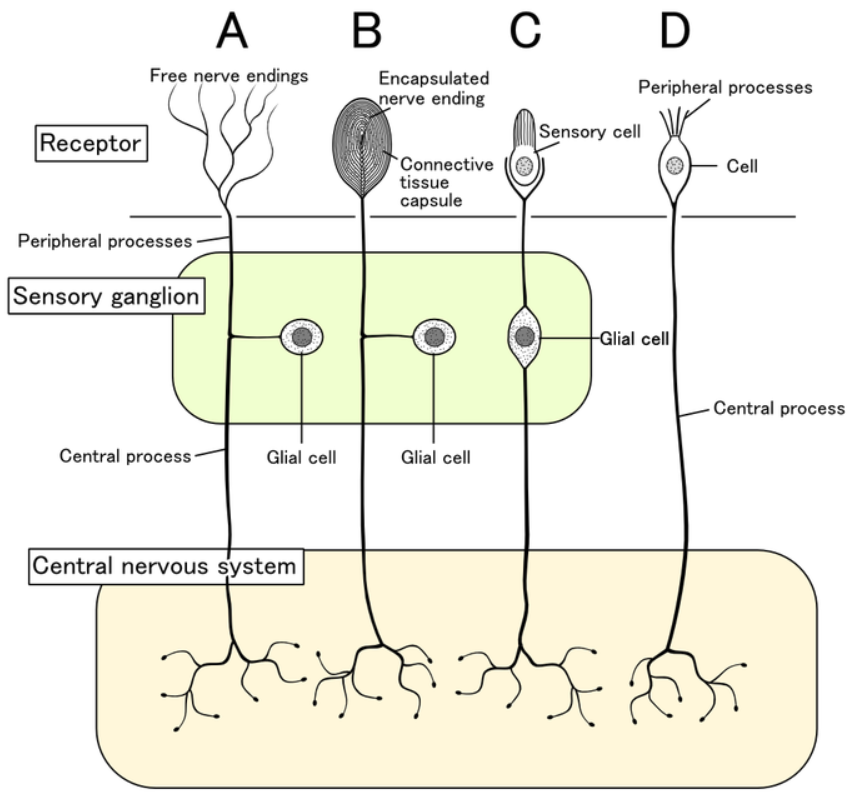Difference between revisions of "User:WikiSysop/Information Model"
| Line 72: | Line 72: | ||
{{Hierarchy|Start|1|a:Referent| | {{Hierarchy|Start|1|a:Referent| | ||
*[[Property:rdf:id|rdf:id]] | *[[Property:rdf:id|rdf:id]] | ||
*[[Property:has:Structure|has:a Structure]] | *[[Property:has:a Structure|has:a Structure]] | ||
*[[Property:has:many Ability|can-have:many Ability]] | *[[Property:has:many Ability|can-have:many Ability]] | ||
*[[Property:has:many Commonality|can-have:many Commonality]] | *[[Property:has:many Commonality|can-have:many Commonality.....]] | ||
*[[Property:has:many | *[[Property:has:many Presentation|can-have:many Presentation]] | ||
*[[Property:has:many Quality|can-have:many Quality]] | *[[Property:has:many Quality|can-have:many Quality]] | ||
*[[Property:has:many Reflex|can-have:many Reflex]] | |||
}} | }} | ||
{{Hierarchy|Start|2|a:Topic|Equivalent to skos:Concept<hr/> | {{Hierarchy|Start|2|a:Topic|Equivalent to skos:Concept<hr/> | ||
| Line 94: | Line 94: | ||
{{Hierarchy|End|4|a:Situation-Evolution|}} | {{Hierarchy|End|4|a:Situation-Evolution|}} | ||
{{Hierarchy|End|3|a:Context|}} | {{Hierarchy|End|3|a:Context|}} | ||
{{Hierarchy|Start|3|a:Claim|}} | {{Hierarchy|Start|3|a:Claim| | ||
*[[Property:has:many Claimant|has:many Claimant]] | |||
}} | |||
{{Hierarchy|Start|4|a:Claim-Evolution|}} | {{Hierarchy|Start|4|a:Claim-Evolution|}} | ||
{{Hierarchy||5|an:Expression|}} | {{Hierarchy||5|an:Expression|}} | ||
{{Hierarchy||5|a:Formulation|}} | {{Hierarchy||5|a:Formulation|}} | ||
{{Hierarchy||5|a:Verification|}} | |||
<br/>{{Hierarchy||5|a:Quantification|}} | <br/>{{Hierarchy||5|a:Quantification|}} | ||
{{Hierarchy||5|a:Qualification|}} | |||
{{Hierarchy||5|a:Validation|}} | {{Hierarchy||5|a:Validation|}} | ||
{{Hierarchy|End|4|a:Claim-Evolution|}} | {{Hierarchy|End|4|a:Claim-Evolution|}} | ||
Revision as of 13:40, 18 December 2022
The Best Practices Wiki Information Model
The Best Practices Wiki Information Model is fundamental to identify (a) semantic tags to markup Best Practices essays (b) semantic classes for Practice, Policy, Procedure and Process models, of prime interest (c) classes for Act, Action, Activity and Task that are the detailed enumerated steps for a "method" that achieves a particularly useful objective.
Related Open Source
mw:Extension:SemanticTasks: provides email task notifications and reminders whose model is centered on assignment of Users to Tasks.
References
- [https:\\kissflow.com/workflow/bpm/business-process/ The Extensive Guide to Business Processes]
- ERP Readiness Series: The Four Core Processes Every Business Should Document
Referents
Partitive Classes
Taxonomic Classes
Topic Annotation (Tags)
Linguistic Classes
Instance Referents
{{Category:Tag <br/>|rdfs:subclassOf=Reference <br/>|name= <br/>|id= <br/>|label= <br/>|path= <br/>|timestamp= <br/>|@category:name }} <!-- {{Hierarchy|Start|2|skos:Concept|https://www.w3.org/2004/02/skos/}} {{Hierarchy|End|2|Gender|skos:Concept}} -->
Determiners include articles (a, an, the), cardinal numbers (one, two, three...) and ordinal numbers (first, second, third...), demonstratives (this, that, these, those), partitives (some of, piece of, and others), quantifiers (most, all, and others), difference words (other, another), and possessive determiners (my, your, his, her, its, our, their).

